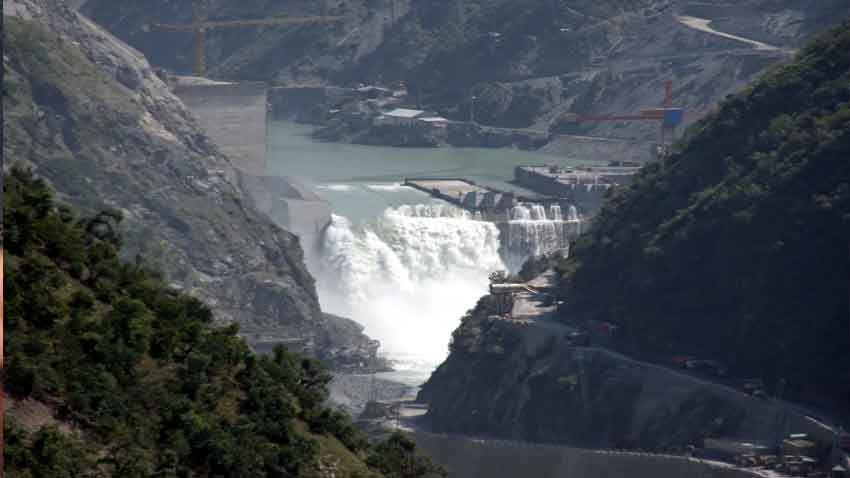
In April, New Delhi unilaterally suspended the Indus Waters Treaty accusing Islamabad of killing 26 tourists in the mountain town of Pahalgam in India Occupied Kashmir. The treaty is a World Bank-brokered pact that determines the use of Himalayan rivers by lower riparian consumers in the two countries.
Pakistan has rejected India’s one-sided decision, maintaining that the 1960 agreement is “binding” and contains no provision for unilateral suspension.
In response, the Permanent Court of Arbitration in The Hague said on June 27 that the Indus Waters Treaty does not allow either country to unilaterally suspend it.
Any unilateral suspension of the treaty will “fundamentally undermine the value and efficacy” of the treaty’s “compulsory third-party dispute settlement” process, it said.
The treaty allows neither Pakistan nor India to independently terminate or suspend the agreement, which includes mechanisms to address disputes.
The absence of a provision explicitly allowing either party to unilaterally suspend the agreement suggests that the treaty is binding indefinitely. This is perhaps the reason it has endured the periods of heightened tensions, like the wars of 1965, 1971, and 1999.
The Indus Waters Treaty is governed by the Vienna Convention on the Law of Treaties (1969), which both India and Pakistan have ratified.
Under the Vienna Convention, a treaty can be terminated or suspended only by mutual consent, through a new agreement, or under specific circumstances, such as “material breach”.
Read more: Zohran Mamdani says he doesn’t believe billionaires should exist
For example, India could make a case for the treaty’s suspension if Pakistan failed to share data. However, proving a material breach requires adjudication, a formal process that requires the involvement of all parties.
Negotiations mediated by the World Bank, for a water distribution agreement began in the early 1950s and concluded in 1960 in the form of the Indus Waters Treaty.
The pact divides the six rivers into two groups. The three eastern rivers -- Ravi, Beas, and Sutlej -- went to India for mostly unrestricted use.
The three western rivers -- Indus, Jhelum, and Chenab -- were allocated to Pakistan, even though India received the right to use their waters in limited quantities for non-consumptive purposes like hydropower generation.
While India has vowed to cut off the flow of water from the Indus river system to Pakistan, geography makes it nearly impossible for New Delhi to execute any water-blocking plans in the Himalayan region, at least in the short to medium terms.
India has periodically hinted at using the treaty for political leverage, particularly after terror attacks that it blamed on Pakistan.
In 2023, India sought modifications to the treaty, citing Pakistani obstruction. When Pakistan refused to renegotiate the treaty, India sought the intervention of a neutral expert while Pakistan went to the court of arbitration. The dispute is ongoing.

